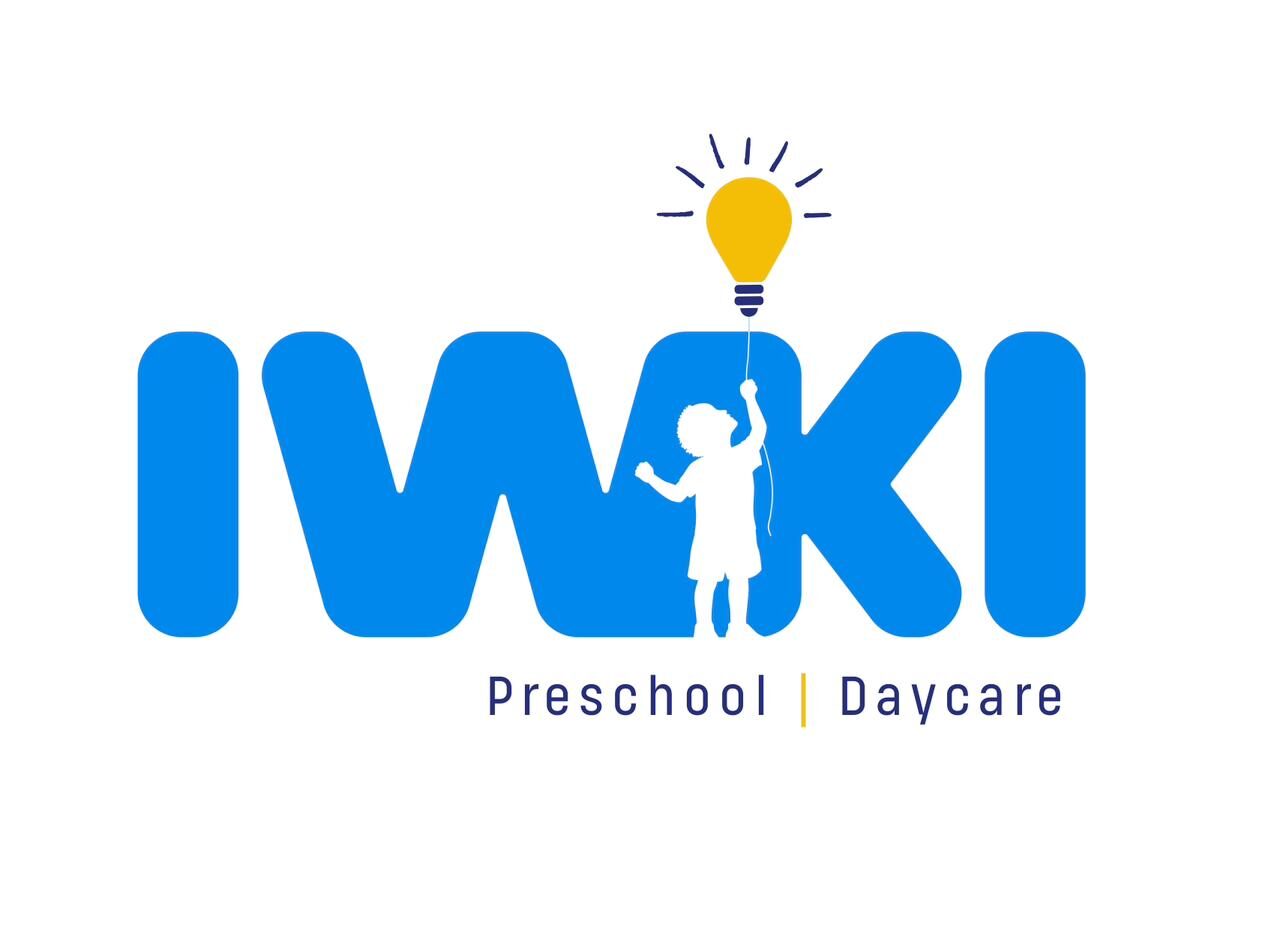Importance of early childhood education
Early childhood education is crucial for children’s development. Research shows that it helps develop social and emotional skills, enhances language and communication abilities, and prepares children for formal schooling. Additionally, integrated hands-on activities, such as preschool crafts, can further support their cognitive and motor skills development while fostering creativity and imagination. Providing a strong foundation in the early years sets the stage for a lifetime of learning and success.

Benefits of integrating preschool crafts
Incorporating preschool crafts into early childhood education has many advantages. It helps children develop their fine motor skills, creativity, and hand-eye coordination. Preschool crafts also promote cognitive development by enhancing problem-solving and decision-making abilities. Furthermore, engaging in art activities fosters self-expression and emotional well-being in young children. It also encourages social interaction and collaboration among kids, promoting a sense of community and teamwork.
Development of fine motor skills
When young children engage in preschool crafts, they can enhance their fine motor skills. Fine motor skills involve using the smaller muscles in the hands and fingers, and these skills are crucial for tasks like writing, drawing, buttoning clothes, and using utensils. Through activities like cutting, coloring, and pasting, children can develop their hand-eye coordination, dexterity, and precision, setting a strong foundation for future academic and daily life tasks.
Enhancing creativity and imagination
Integrating preschool crafts into early childhood education can enhance creativity and imagination in young children. Engaging in hands-on art activities allows children to explore their imagination, express their creativity, and develop their fine motor skills. Through crafts, children can learn to think outside the box and come up with unique ideas. This can help foster a sense of innovation and problem-solving skills from an early age.
Encouraging self-expression
To encourage self-expression, preschool crafts can play a vital role in supporting the development of children. Engaging in activities such as painting, drawing, and crafting helps children express their thoughts, emotions, and creativity in a safe and nurturing environment. These activities also provide an opportunity for children to practice fine motor skills, boost their self-confidence, and develop their imagination. Moreover, preschool crafts can be an excellent way for educators and parents to observe and understand a child’s unique personality and interests.
Fostering cognitive development
Preschool crafts are a great way to foster cognitive development in young children. Engaging in hands-on activities such as arts and crafts helps children develop important skills like problem-solving, creativity, and fine motor skills. These activities also encourage critical thinking and imagination, which are essential for cognitive development in the early years. By integrating preschool crafts into early childhood education, children are given the opportunity to explore, experiment, and express themselves, laying the foundation for their cognitive growth.
Social and emotional learning through crafts
Crafts in preschool can be a valuable tool for teaching children about social and emotional skills. Through engaging in crafts, children can learn about teamwork, patience, and self-expression. Crafting activities can also help them develop empathy and understand the emotions of others. Furthermore, when children create crafts, it allows them to express their feelings and learn how to manage their emotions in a positive and creative way. Integrating crafts into early childhood education is a fun and effective method to foster social and emotional learning in young children.
Incorporating sensory experiences
By integrating preschool crafts into early childhood education, children can engage in sensory experiences that promote creativity and development. Sensory activities such as finger painting, playdough, and sensory bins allow children to explore different textures, colors, and materials, which can enhance their tactile and cognitive skills. These hands-on experiences also help children develop their fine motor skills, spatial awareness, and language development as they describe and discuss their creations. Integrating sensory experiences into preschool crafts fosters holistic growth and stimulates children’s curiosity and imagination.
Supporting language and literacy skills
Preschool crafts can support language and literacy skills in young children. Creating and engaging in crafts can help children practice communication and language development. It can also aid in building vocabulary as they learn about different materials, colors, and shapes. Furthermore, crafting can encourage storytelling and imaginative play, which are essential for early literacy skills. Moreover, when children are engaged in crafts, they are often encouraged to follow instructions and pay attention to details, which can enhance their listening and comprehension skills.
Summary: The impact of preschool crafts in early childhood education
Preschool crafts have various positive effects on early childhood education. They enhance fine motor skills, creativity, and cognitive development in children. Engaging in craft activities can also foster social interaction and communication among young learners. Additionally, incorporating crafts into education helps to develop essential skills such as problem-solving, decision-making, and self-expression. Through hands-on experience with crafting, children can cultivate a sense of accomplishment and pride in their creations, boosting their self-esteem. Overall, integrating preschool crafts into early childhood education is an effective way to promote holistic development and a love for learning in young students.

